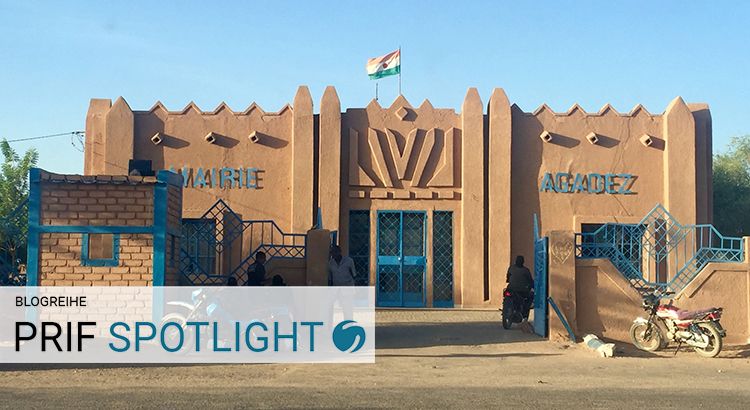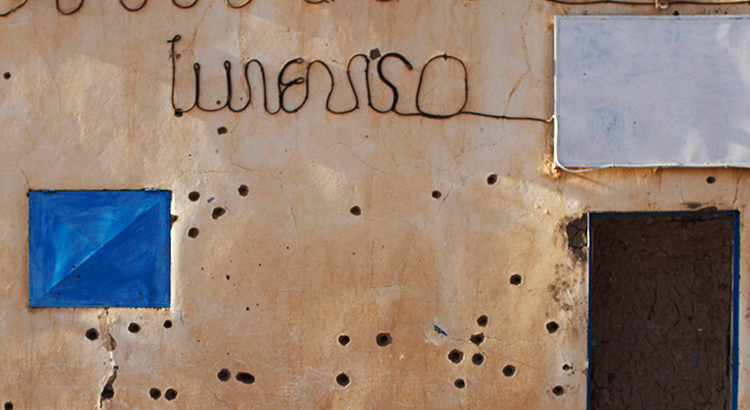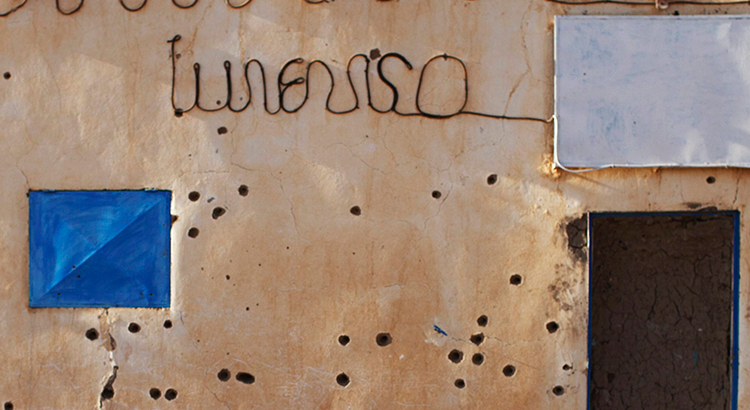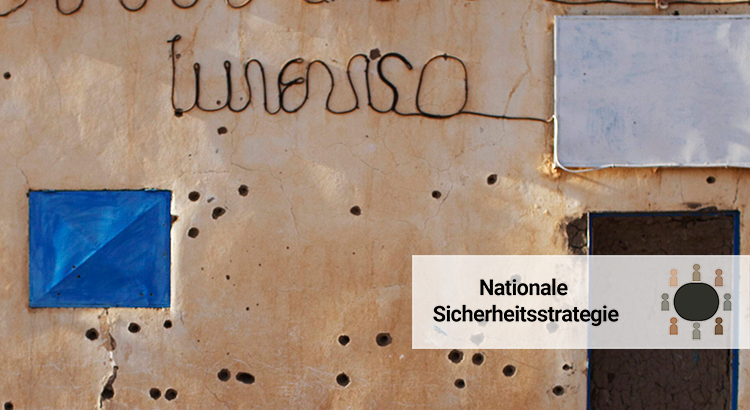The Externalization of EU Borders: The Case of Agadez
While the externalization of border enforcement to African states may have contributed to a decline in arrivals to Europe via the Mediterranean Sea, Nigerien and European Union (EU) authorities have neglected the immense negative impacts of these migration policies on local communities, refugees, and migrants. This spotlight provides an overview of the local implications of the EU’s strategy of externalizing its borders towards transit states in Africa. It focuses on the case of Agadez in Niger, which has been the primary transit city within the Sahel region for migrants and refugees in transit to Europe.



